Description
512Hz Medical Tuning Fork – Aluminum Alloy for Rinne & Weber Tests
The 512Hz Medical Tuning Fork is a standard diagnostic instrument widely used in audiology and ENT practices. Designed specifically for the Rinne and Weber tests, it provides accurate and reliable results when assessing different types of hearing loss.
Accurate Frequency for Hearing Tests
With a frequency of 512Hz, this tuning fork is the most trusted tool for evaluating:
-
Conductive hearing loss
-
Sensorineural hearing loss
-
Mixed hearing loss
Its precise pitch allows clinicians to compare air conduction and bone conduction, ensuring dependable results in routine examinations and clinical assessments.
Rinne & Weber Applications
-
Rinne Test: Compares sound perception through the mastoid bone and ear canal to detect conductive vs. sensorineural loss.
-
Weber Test: Determines whether hearing loss is unilateral or asymmetrical by placing the fork on the midline of the head.
Durable Aluminum Alloy Construction
Crafted from high-quality aluminum alloy, the tuning fork is lightweight, durable, and designed to deliver clear, consistent vibrations. The material resists wear and frequency drift, ensuring accuracy even after repeated use.
Clinical Precision & Reliability
Engineered to a frequency tolerance of ±0.5%, this tuning fork meets strict medical standards. Its reliability allows audiologists and clinicians to perform tests with confidence, minimizing the risk of inaccurate diagnoses.
Key Features
-
Standard 512Hz frequency for medical hearing tests
-
Essential for Rinne and Weber diagnostic procedures
-
Aluminum alloy for durability and consistent resonance
-
±0.5% precision for dependable clinical accuracy
-
Lightweight and easy to handle in professional use
Essential for Audiology & ENT
The 512Hz Medical Tuning Fork combines accuracy, durability, and ease of use, making it a must-have for professionals in ENT clinics, audiology practices, and neurology departments. It ensures accurate patient evaluations while maintaining long-term reliability.


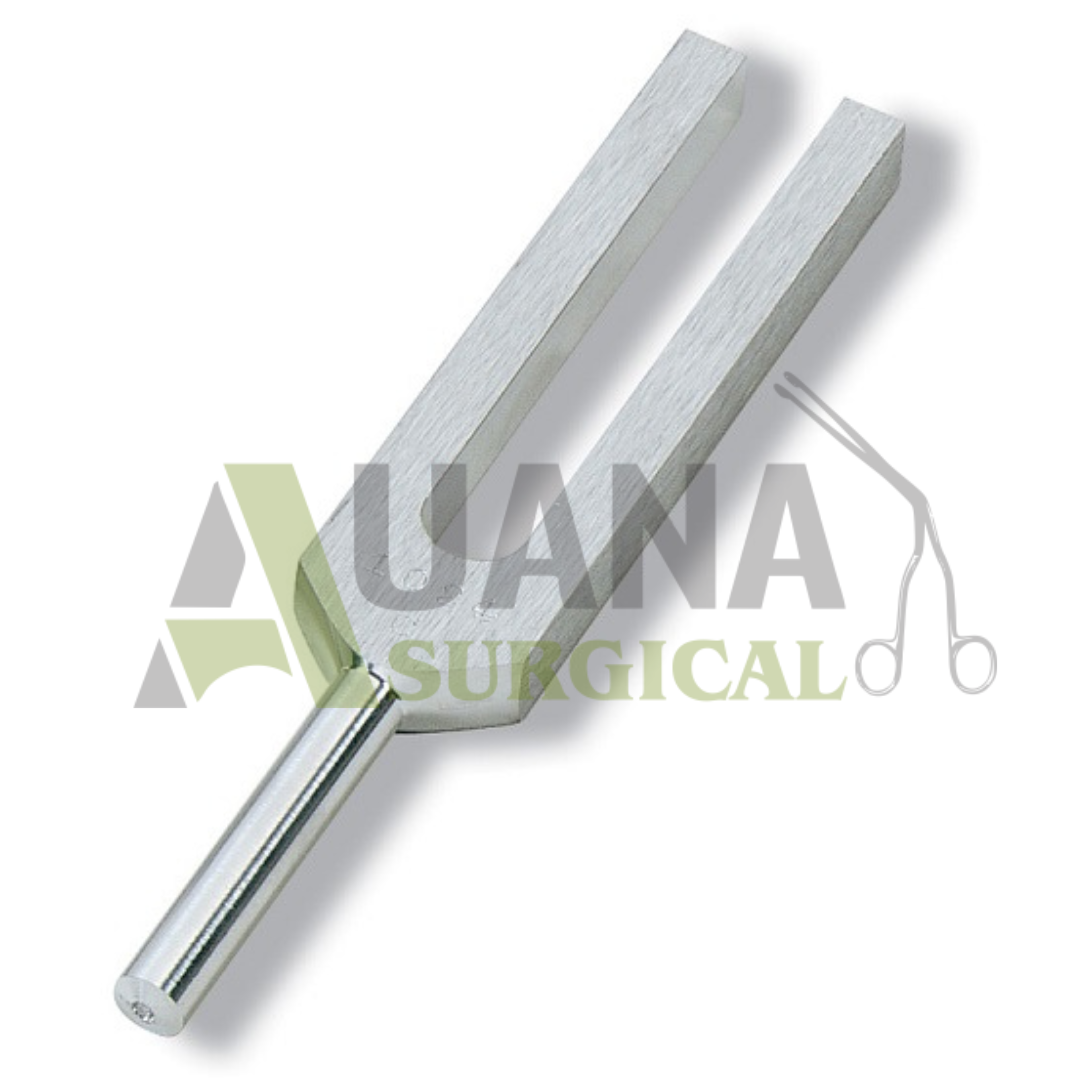
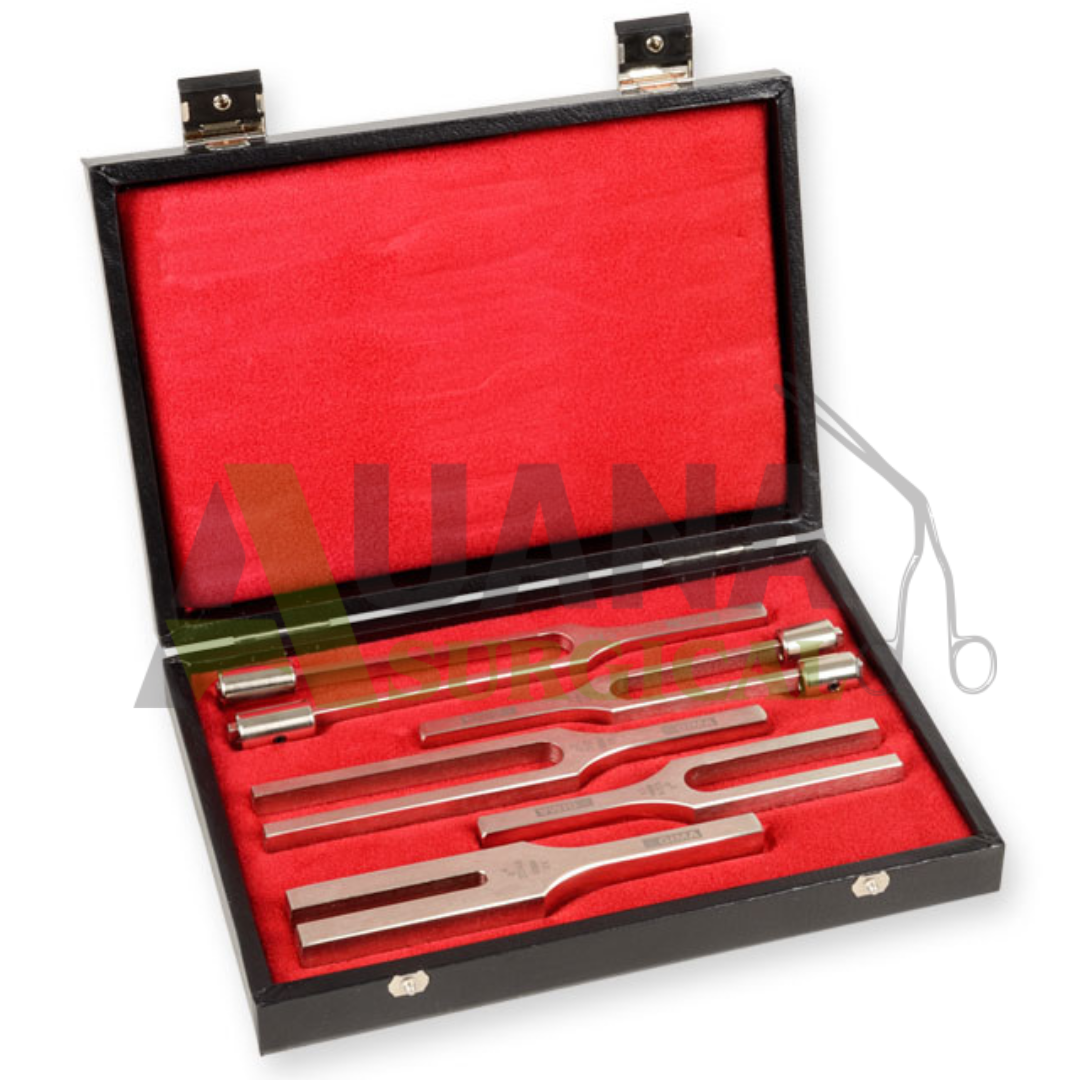
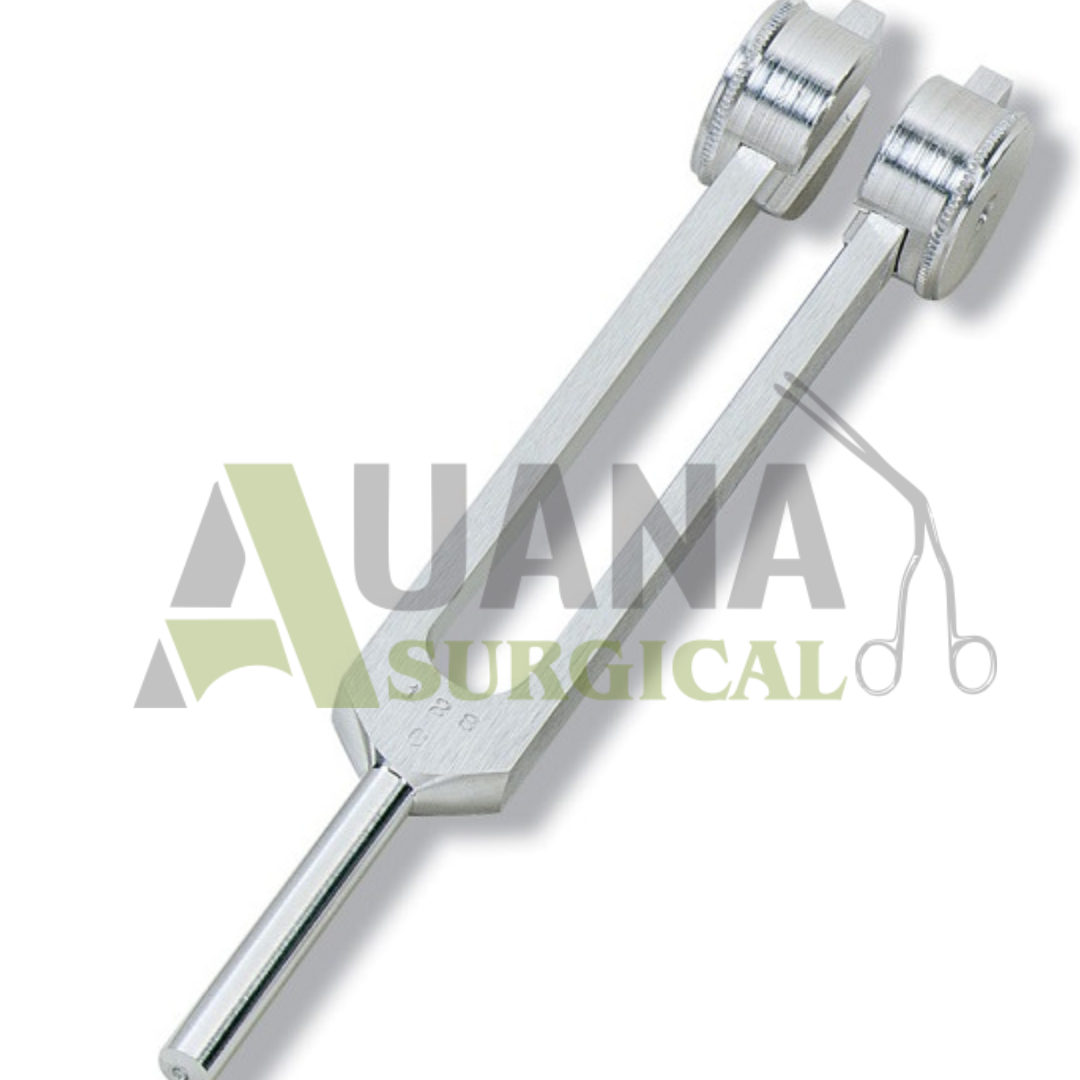
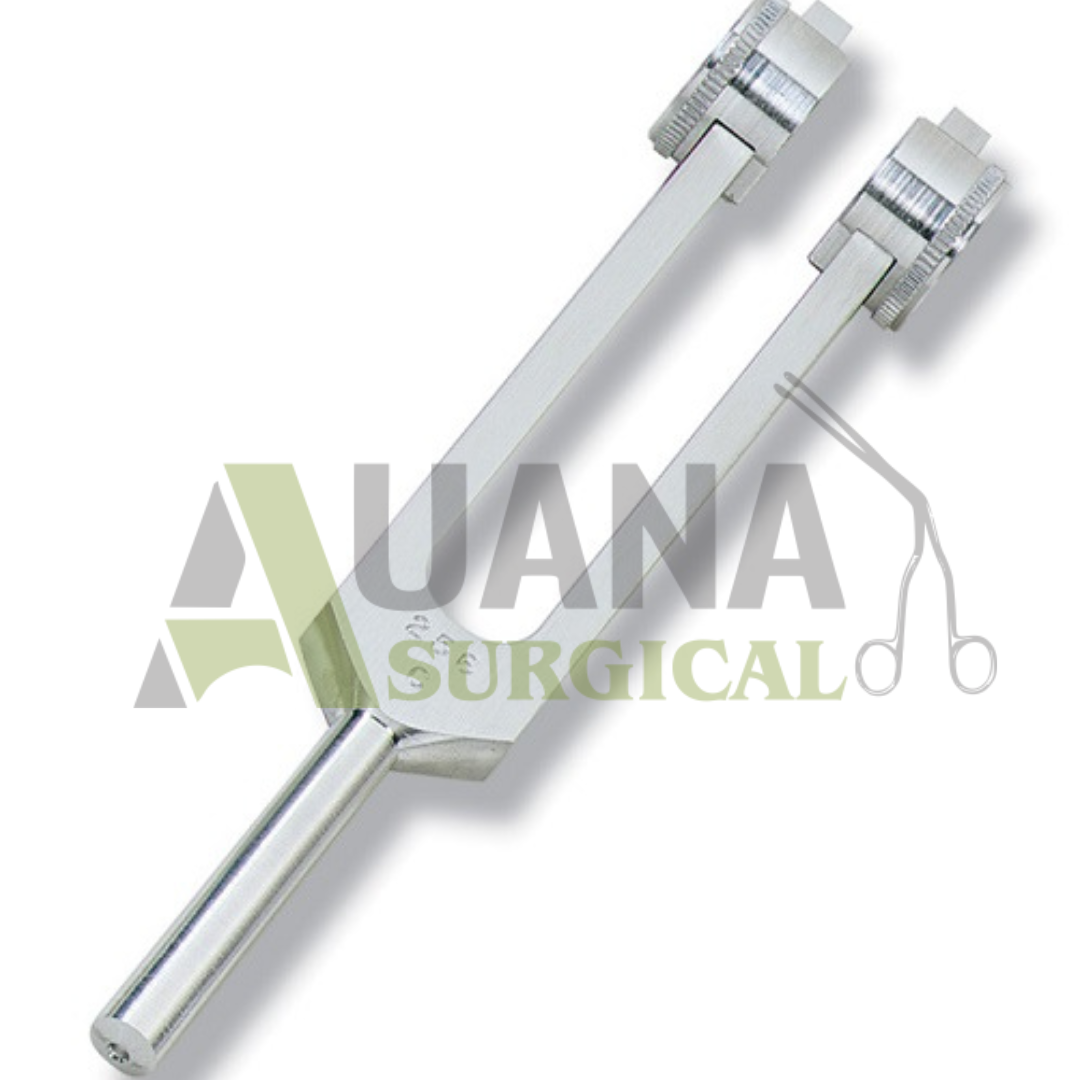
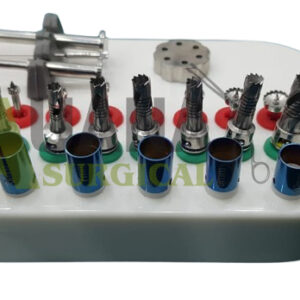
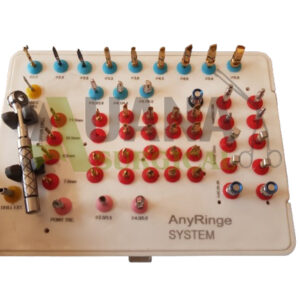
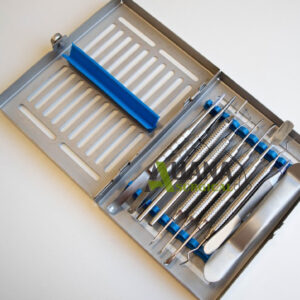
Reviews
There are no reviews yet.